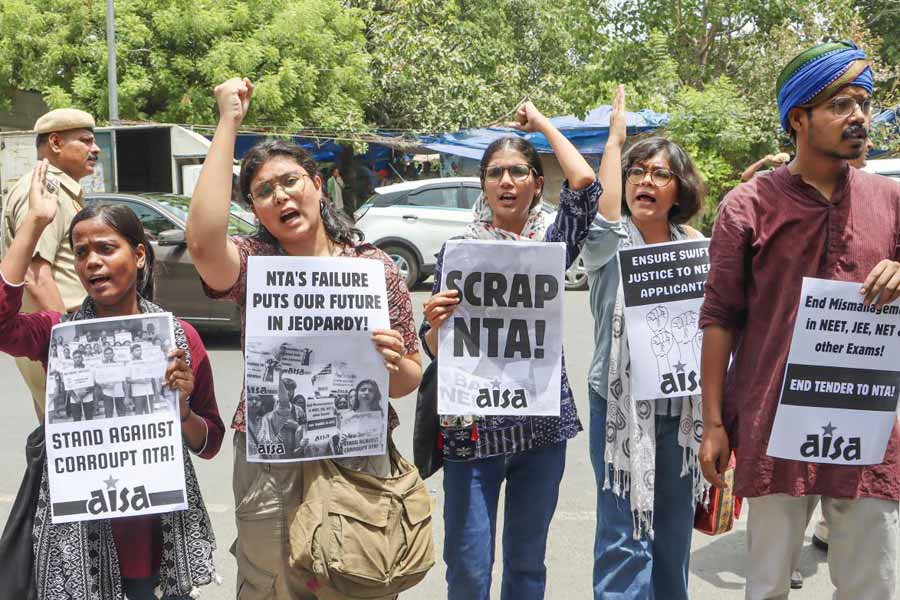Social media giant Facebook said Kisan Ekta Morcha's page had been taken down after its automated systems found increased activity and flagged it as spam, and that the page was restored in less than three hours.
Facebook had faced criticism from various quarters after the page - which is run by a farmers' collective - was taken down on Sunday evening.
"As per our review, our automated systems found an increased activity on the (Kisan Ekta Morcha) Facebook page and flagged it as spam, which violates our Community Standards. We restored the page in less than three hours when we became aware of the context," a Facebook spokesperson said.
The spokesperson added that the review showed that only the Facebook page was affected by the automated systems while the Instagram account remained unaffected.
While a vast majority of work fighting spam is done automatically using recognisable patterns of problematic behaviour, the company also relies on human review team to work on cases where human expertise is needed to understand the context of a particular situation, the spokesperson said.
"In Q3 2020, out of the 1.9 billion pieces of content removed globally for violating our policies on spam, we restored 74.9 million pieces of content globally, when we identified issues ourselves," the spokesperson added.
Protestors at the ongoing farmer's agitation had said social media is crucial for their movement as it allowed them to share their views. Many had seen the shutting down of the Facebook page as an attempt to silence them.
Thousands of farmers from Punjab, Haryana, Uttar Pradesh and other states are protesting against the Farmers (Empowerment and Protection) Agreement of Price Assurance and Farm Services Act, Farmers Produce Trade and Commerce (Promotion and Facilitation) Act, and the Essential Commodities (Amendment) Act.
Enacted in September, the three farm laws have been projected by the central government as major reforms in the agriculture sector that will remove the middlemen and allow farmers to sell anywhere in the country.
However, the protesting farmers have expressed apprehension that the new laws would pave the way for eliminating the safety cushion of Minimum Support Price and do away with the mandi system, leaving them at the mercy of big corporates.











